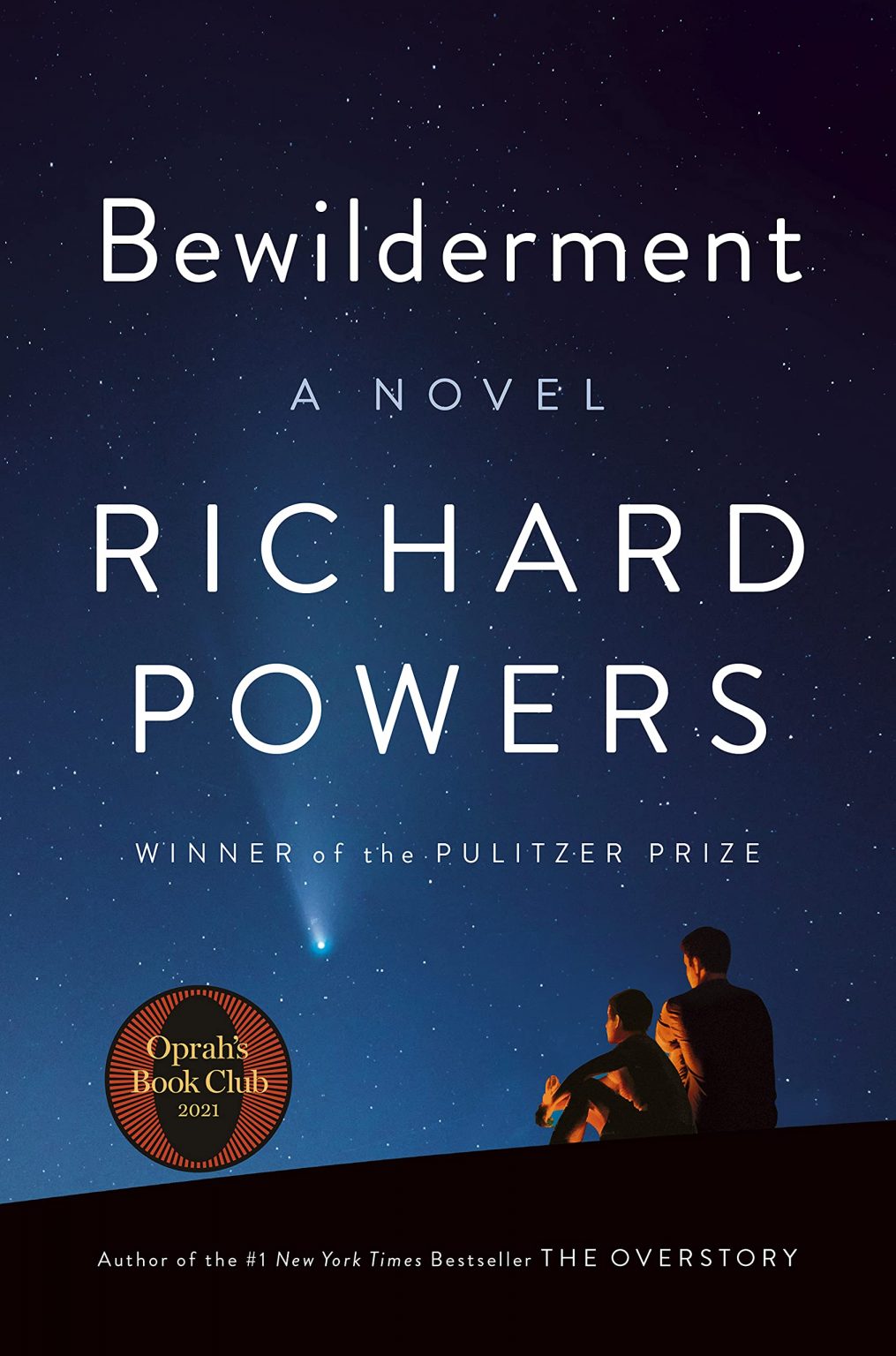Feynman was a fascinating physicist with a Babylonian-style approach—spontaneous, humorous, and optimistic, yet often sharp and even irreverent when critiquing others’ research. He valued phenomena and nature, using simple and direct language to explain abstract concepts, while maintaining a subtle disdain for metaphysics, psychology, and philosophy (and yes, I’m putting it mildly). Overall, Feynman had a strikingly vivid personality, and while reading this book, I felt as though I were listening to an approachable yet sharp-witted old man talk.
Once, while watching a documentary, I suddenly wondered whether time should really only flow in one direction. Perhaps its unidirectional nature is merely a construct of biological perception, or maybe both time and free will are emergent properties—things that don’t fundamentally exist at the level of elementary particles. I didn’t dwell too much on the thought at the time, but when I later encountered a section in this book about electrons “dancing,” it resonated with me.
“Feynman’s approach is unconventional—at first glance, it seems irrational. Our science-driven culture expects order and rules. We have deeply ingrained notions of time and space, believing that time must flow from the past to the present and then into the future. But according to Feynman, beneath this apparent order lie processes that defy these rules. In quantum theory, electrons dance through the universe, scattering in all directions through space-time—moving from now to the future, then back to the past, reaching any corner of the cosmos.”
That passage hit me like a thunderclap, as if one of my own random and absurd thoughts had suddenly been validated.
Many of the dialogues in the book left a deep impression on me, such as:
“My principle is this: If you feel unhappy, then think about it carefully. If you’re happy, then don’t think. Why ruin it?”
We often laugh at things for seemingly ridiculous reasons, but understanding the reasons behind them sometimes kills the joy.
“Everyone will die. It’s only a matter of time. But the time I spent with Irene was truly happy. So, I have already had everything. Losing Irene means my remaining years may not be as beautiful, but that doesn’t matter—because I have already had it all.”
“Did you love science when you were a child? Was it your passion? Remember, it should be fun.”
Feynman always seemed to approach life with joy.
One point I strongly agree with is that any profound theory can ultimately be explained in simple, straightforward language. But I also have my disagreements—such as when he said he “learned emotion from women” (huh?), or dismissed psychology, philosophy, and metaphysics as unworthy of study.
I remember when I first finished The Beauty of Physics, my reverence for physics was at its peak. At the time, I believed that while other principles and rules might be debatable, the laws of physics existed regardless of whether people believed in them. That made physics beautiful.
However, after reading many articles on scientific revolutions and other books, my perspective began to shift. What is truly beautiful is not just eternal laws or elegant theories, but the ocean waves, the refraction of light through a prism, the magnet on a refrigerator, the hard drive’s spinning needle, the road filled with cars, and the cat inside a box. Curiosity, imagination, and creativity should be the driving forces behind discovering beauty, not layers of knowledge barriers set up through complex formulas.
Science advances funeral by funeral. We are merely fortunate to exist on this tiny planet in the solar system for an insignificant moment in time, and yet we talk about the “eternity” of the laws we discover—as if a segment of code in a while loop, before even encountering a false flag, had already mistaken half the loop for the entire program. Perhaps, this whole thing is just a bug.
After engaging with subjects I once thought I had no interest in, I’ve realized that I gained quite a lot from them. My biggest takeaway? That arrogance—unyielding and unwavering—is far more dangerous than ignorance.
Finally, about the author’s writing style: honestly, it’s quite average. Maybe it’s a translation issue, but there’s nothing particularly striking about it. The narrative also feels too subjective at times, like the description of Murray (who, by the way, disliked Feynman), which carried unnecessary non-narrative negative opinions. Personally, I don’t think that’s the best approach. So, my final rating? 3.8 out of 5—no more, no less.



